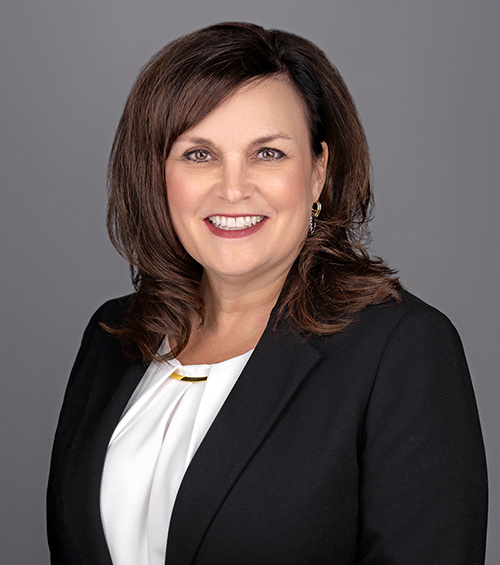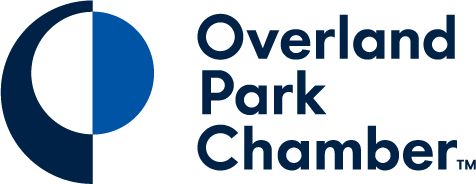President's Message
April 2025
From the Business Perspective Newsletter
Business and policies are local
I recently returned from meetings with peer chamber executives and national policy leaders at the U.S. Chamber of Commerce in Washington, D.C.
As you would imagine, topics ranged from tariffs, taxes, the economy, immigration, education, and housing to AI. The underlying themes woven throughout were the confusion and uncertainty challenging businesses today. I often hear from you that, above all, you need to know the rules and to know they won’t change. The current landscape creates much economic uncertainty, particularly the shifting sands surrounding tariffs.
Bottom line: U.S. Chamber CEO Suzanne Clark reiterated that all issues are local. In her recent State of American Business address, she said, “The State of American Business is local, whether it’s the small businesses that line Main Street or the national chain restaurant where someone had their first job. The economic growth that powers people’s lives comes from cities, regions, and states where private enterprise, supported by smart public policy, drives progress and creates opportunity.”
From the hallways of Capitol Hill to actions under the dome in Topeka to the City Council chambers in Overland Park, policy actions from our elected officials affect businesses every day. You know that policies and regulations at all levels drive timelines, supply chains, costs, access to capital and workforce, impacting your bottom line.
Kelly Loeffler, Administrator of the U.S. Small Business Administration, told us they’re hearing inflation is tied with workforce attraction as the top challenge for small businesses. Adding to these challenges, the Overland Park Chamber is concerned many small businesses may not be aware of the potential tax increase on the horizon of the expiring 2017 Tax Cuts and Jobs Act (TCJA).
Here’s a little background: In 2017, Congress permanently lowered the corporate income tax rate 14 percentage points – from 35% to 21%. To ensure that pass-through businesses like sole proprietorships, partnerships, and S corporations would not be disadvantaged relative to C corporations, Congress also created a new deduction for qualified business income (QBI) in section 199A of the Internal Revenue Code.
The TCJA was heralded as the most comprehensive tax reform since 1986. Unfortunately, many of its individual, business, and estate tax reforms were enacted on a temporary basis and are scheduled to expire at the end of 2025.
The U.S. Chamber has created a QBI Tax Increase Calculator to provide a simplified illustration of the potential tax cost to business owners if Congress allows section 199A to expire at the end of this year, based on the estimated 2026 tax brackets provided by the Tax Foundation.
To learn more about how the QBI deduction works for pass-through businesses and to estimate its impact on your business, click here.
I’d love to hear from you how your business is impacted by changing regulations, tariffs, potential expiring 2017 TCJA, or just the general uncertainty of the economy.
Call me at the Chamber or shoot me an email at tosborne@opchamber.org.

written by
Tracey Osborne Oltjen, CCE, IOM
President & CEO
tosborne@opchamber.org
